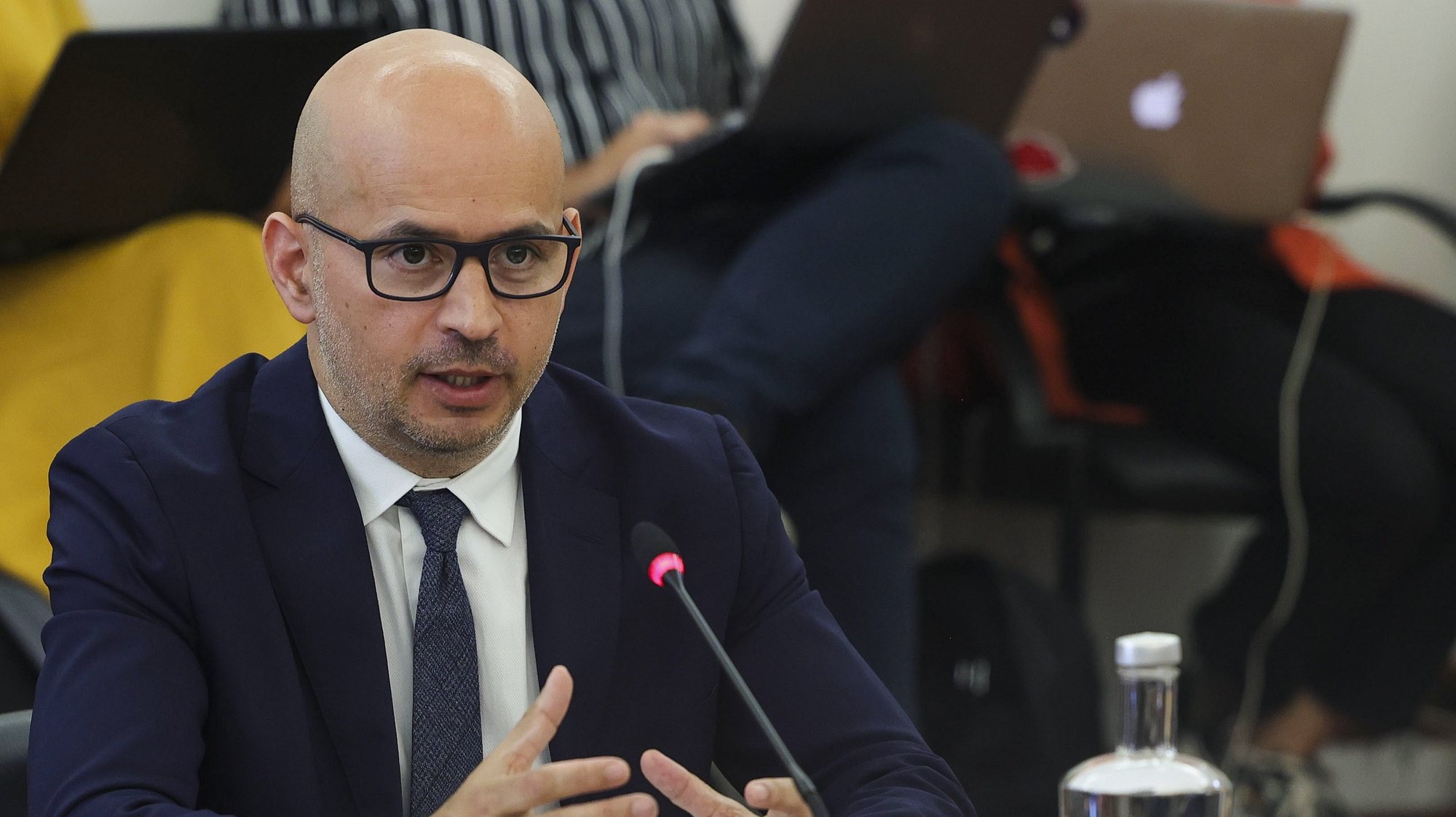The European Union (EU) must build interconnections and decarbonize the gas it consumes when it currently depends on the import of liquefied natural gas, although no longer Russian, reveals the European Court of Auditors (ECA) in a report published this Monday.
“We continue to be very dependent on gas imports — now mainly LNG gas […] — since 80% of our gas is imported. […] And not only are we very dependent on this gas, but the gas we import is still quite expensive for our industry,” says the TCE member responsible for the audit, the Portuguese João Leão, in statements to the Lusa agency.
Two years after a serious energy crisis in the EU, mainly due to the Russian invasion of Ukraine, which raised prices to record levels and forced the community bloc to diversify suppliers and adopt emergency measures, João Leão suggests that the European Union must now “guarantee investment in renewable energies and in the improvement of networks, in particular interconnections between countries”.
“It has to be one of the areas [prioritárias] and that will help reduce our dependence on gas imports,” João Leão told Lusa.
Precisely because of the energy crisis of 2022, the EU has adopted measures such as the obligation to fill gas storage facilities around 90% before November 1 of each year, the voluntary reduction of gas consumption of 15% compared to the average of the previous five years, the introduction of a cap of 180 euros/MWh on the price of gas (which was never used) and the creation of a coordinated gas demand platform.
“The European Commission says that [estas iniciativas] “They helped reassure and signal the market, but it is difficult to see how useful some of these measures were in the short term.”João Leão says to Lusa.
In the report released this Monday, the ECA then says that it is not possible to “demonstrate that the objectives of the crisis response were achieved”, although in general terms it considers that the EU “responded to all aspects of security of supply of natural gas”, although “unevenly”.
“The Union adopted several short-term measures in response to the militarization of gas supplies by Russia, sending strong signals to the market that Member States would work together to overcome this challenge, but the benefits of these measures were not always clear. ”, highlights the European Auditor.
Besides, “The EU faces a new scenario of security of supply, with greater dependence on LNG and the need to decarbonize gas consumption”states the TCE in the report.
The EU has been reducing imports of Russian gas (which arrives by gas pipeline), going from a dependence of 41% in 2021 to around 10% in 2023.
However, LNG imports increased from 80 billion cubic meters in 2021 to 120 billion cubic meters in 2022.
In 2021, LNG weighed 22%, while today it has a share of 34%.
Among the recommendations of the TCE to the European Commission are to guarantee the accessibility of prices in the security of gas supply, review the current regional cooperation structure due to the high weight of LNG, improve collaboration between countries (as only 18 of the 27 Member States have gas reserves) and ensure transparency regarding projects of common interest, such as interconnections.
The former minister of Finance João Leão has been, since the beginning of last March, a Portuguese member of the European Court of Auditors, in a mandate that will last until February 2030.
The position of Portuguese deputy had been vacant since the death of João Figueiredo, on June 30, 2021.
The institution, which functions as an independent external auditor of the EU, was chaired by jurist Vítor Caldeira between January 2008 and September 2016.
Source: Observadora
